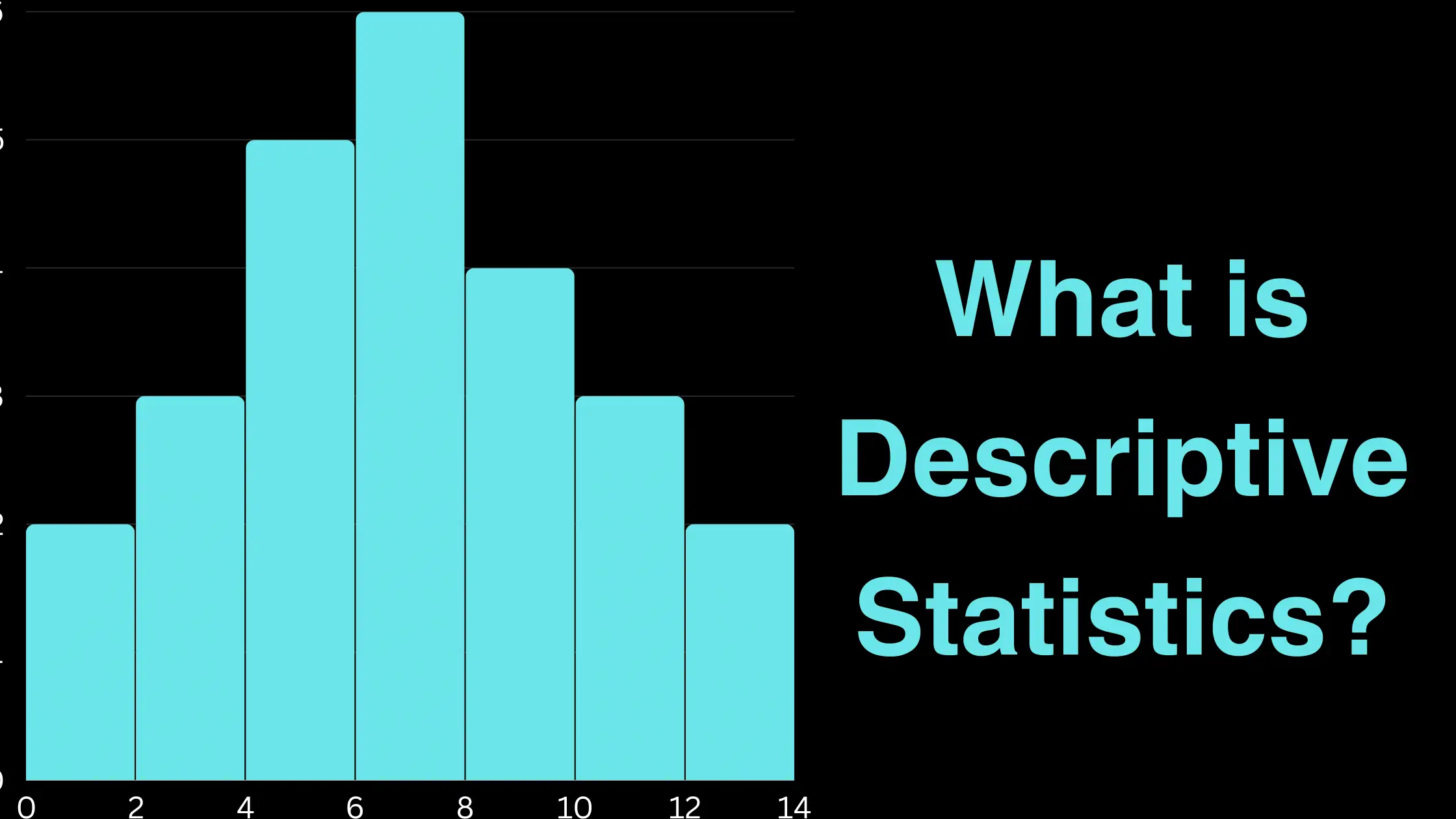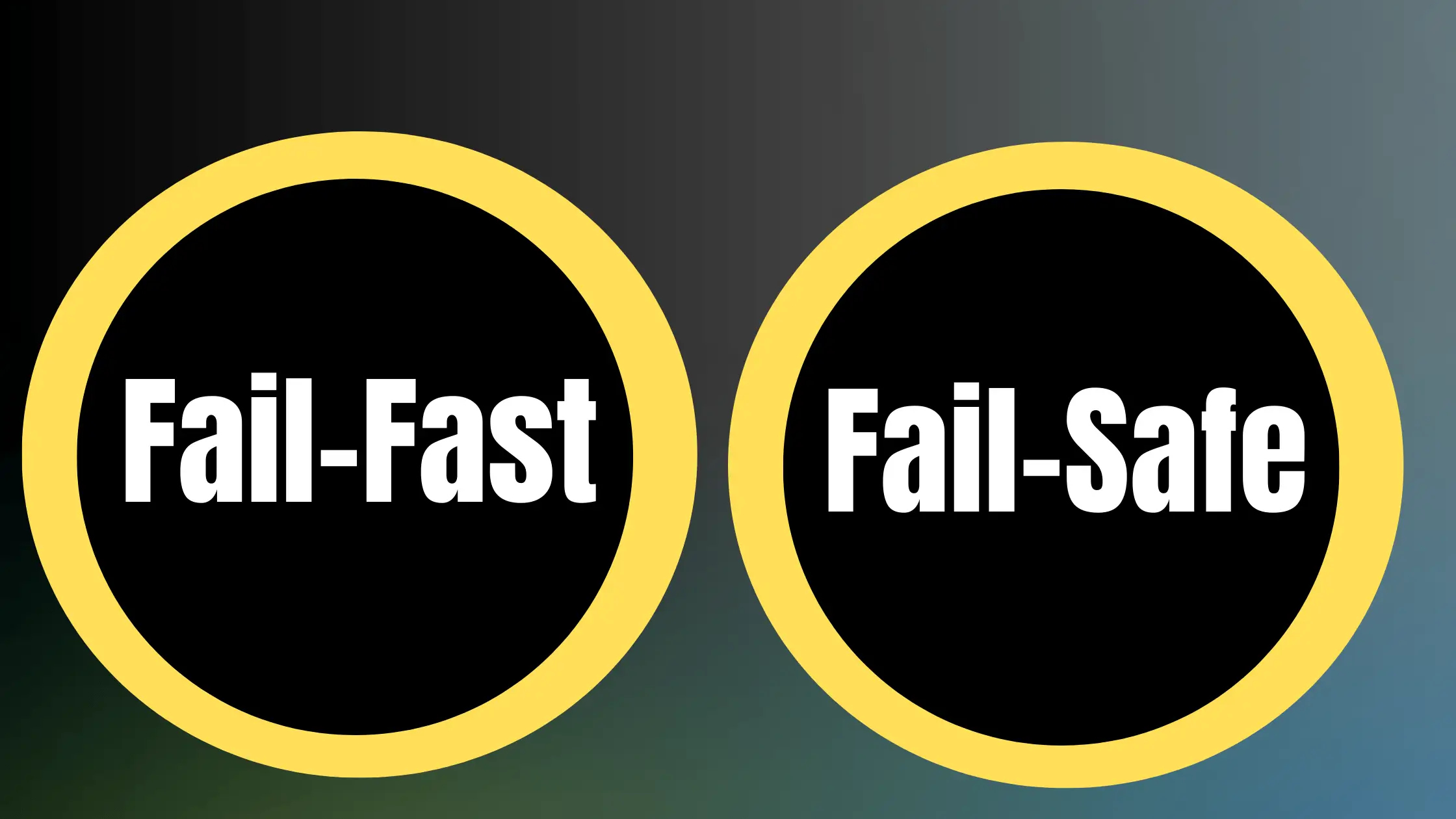How long a domain has been around, also known as domain age, is often a hot topic for SEO gurus and site owners. One big question is if a domain’s age helps its rank in Google search results. People have different opinions about this. Some say older domains have a leg up. Others say that the age of a domain doesn’t really matter much for SEO.
In this piece, we will explore the idea of “domain age” and its relationship to SEO to provide you with the knowledge for making thoughtful decisions about your website. Given the many differing views out there, sorting truth from fiction can be difficult. To help make things clearer, we looked at case studies and real examples from across the web to shed light on how the length of time a domain has been around might impact search engine rankings depending on the situation. This investigation aims to help readers in choosing SEO strategies wisely based on scenarios involving domain age.
Our objective is to provide you with a comprehension of this subject matter so that you can proceed with confidence, in your future SEO endeavors.
We will simplify the terms filter out information and provide you with practical advice that can help you improve your online visibility and reach your objectives.
What is Domain Age?
The term ‘domain age’ frequently emerges when discussing SEO topics, but what does it signify? The simplest interpretation is, it’s the duration a domain name has been registered and operational. It’s similar to asking someone, “For how long have you been a part of this locale?” The longer a domain exists, the more established and credible it may seem to search engines like Google.
However, the age of a domain isn’t as simple as the date on your virtual inception document. Rather, it’s an intricate parameter, considering numerous elements, from the records of your domain proprietorship to its steady online visibility throughout the years. It could be likened to the visible layers on a cut tree trunk – the more striations you see, the more tales your domain can convey.
How domain age is calculated
So, how exactly do search engines calculate the age of a domain? It’s not about counting the years since your domain was registered. The algorithms that search engines use to calculate domain age are kept secret. We are constantly evolving to adapt to the changing environment.
While the specifics remain confidential, there are factors believed to influence domain age calculations. One crucial factor is the length of time since your domain was first registered, which can be verified through public WHOIS records containing information about domain ownership and creation dates.
However, registration duration is not the determinant. Search engines also take into account factors such as the consistency of a domain’s presence over time. A website that has been consistently active and producing content for a period is perceived as authoritative and aged. Conversely, if a domain has changed ownership frequently or experienced periods of dormancy it may raise concerns, for search engines.
Factors beyond the domain age, can impact how it is calculated, such as the quality and longevity of your backlinks your domains, and past search engines. Even the age of any SSL certificates linked to your site. Search engines rely on a variety of signals to gauge the trustworthiness and relevance of your domain creating an interconnected web of information.
The difference between domain age and site age
When it comes to discussing domain age, things can start to get a bit complex. When we talk about domain age, it’s important to differentiate between it from another related concept: site age. While domain age refers to the length of time your domain is registered, site age is all about how long your actual website has been up and running.
Think of your domain as the piece of land where your house stands, with your website symbolic of the actual home built upon that plot. While you may have possessed the land for a while, if the home on it was receently constucted, it cannot possess the historic essence of a residence that has withstood the passage of time.
This concept is applicable to websites too. You might have a domain that’s been in your possession for a decade, but a newly launched website on it won’t equate to the similar SEO influence as a portal that’s been consistently dishing out content and drawing backlinks over an extensive period. The site age revolves around the actual duration for which your website has remained live, being available for both audiences and internet crawlers.
It’s not to say that the age of your domain doesn’t carry weight, it does. A consistently held domain that shows continued activity presents valuable signals of credibility and authority to search engines. That said, one must understand that domain age is but a single component of the broader SEO landscape, and it can’t replace the need for investing time and effort into creating a reliable, user-friendly website over time.
In considering the influence of domain age in SEO, it’s critical to differentiate between the life span of your domain registration and the longevity of your actual website. Each can contribute to how search engines perceive your digital footprint, but these concepts are not identical.
The Relationship Between Domain Age and Trust
Credibility is paramount. It’s the bedrock on which all other ranking elements stand, the magic ingredient that can be the making or unmaking of your website’s performance in search results. But how do we define trust in SEO, and what process do search engines like Google use to decide which websites earn their confidence?
Trust revolves around credibility and influence. It’s the conviction that a website is dependable, factual, and beneficial to users. In the untamed frontier of the internet, a place where anyone can disseminate any information at any moment, trust is the valuable metric that distinguishes the superior from the inferior, the gems from the gravel.
Trust is the backbone of search engines when it comes to sifting the credible from the unreliable. Amidst billions of websites vying for eyeballs, search algorithms seek a method to identify which platforms are most apt to deliver valid, top-notch content to online users. It’s precisely where trust steps in. It’s an unseen yet potent force that directs search engines to the most dependable and authoritative corners of the internet.
How domain age can contribute to trust
So, how does a domain’s age fit in the tangled web of trust and authority? Let’s put it simply. The longer a domain has been around, the more search engines like it. Why? They see it as a reliable, steady store of knowledge. This fact plays a key role in how search engines decide how much they can trust a website. Think of it as Google’s way of vetting.
Consider this, you need guidance on a certain subject, who would you trust? A website made yesterday, or a site that has been providing quality content on that topic for years? You’d likely choose the second one, and the same is applicable to search engines.
Websites that have been registered and actively used for many years often gain credibility with search engines. Maintaining ownership of a domain name and continuously providing quality content over a long period builds trust that the site is a reliable source of information. It signals stability and expertise to the algorithms determining search rankings. Search engines recognize that websites don’t remain popular for over a decade without establishing themselves as authorities in their topic.
A long online history lends an air of legitimacy, like an unspoken endorsement that the site owners understand their subject matter well and aren’t just here today and gone tomorrow. Searchers appreciate sites they can count on to consistently deliver valuable insights each time they click through.
While domain age provides some credibility, it only tells part of the trust story. Search engines consider many trust signals when evaluating websites. To gain users’ trust over the long run, a site must continuously prove its worth and relevance through high-quality, useful content. Earning trust is a gradual process of meeting readers’ needs and validating one’s expertise with every new page.
Other factors that influence trust (e.g., quality content, backlinks, user engagement)
A website’s trust and reliability in search engines’ eyes can depend on other things too. One of the biggest influences is how good and related its material is. A site that often shares deep, well-studied, and interesting material on a certain subject will seem more like an expert in that area than one with thin or unrelated material.
A website’s backlink profile is very important. Backlinks are kind of like recommendations from other websites. When a trusted site links to your content, it’s like they’re letting others know “Hey, this content is worth checking out.” The more quality, applicable backlinks a website has from other reputable pages, the more likely search engines are to view that site as a reliable and expert source.
User engagement is another significant piece of the trust mystery. When users spend a considerable amount of time on your site, communicate with your content, and share it with others, it sends a strong signal to search engines that your site is valuable and engaging. Then again, if users quickly leave your site or don’t engage with your content, it very well may be a cautioning sign that your site may not be fulfilling their necessities.
There are countless other factors that can influence a website’s trust and authority, from the security of its hosting and SSL certificates to the quality of its user experience and mobile friendliness. The key is to focus on building a website that consistently delivers value to users over time, and to continually work on improving and refining your SEO strategies to stay ahead of the curve.
At the end of the day, domain age is just one small factor in the larger equation of SEO success. While it can certainly contribute to a website’s trust and authority, it’s not a magic bullet or a shortcut to the top of the search results. The real key to building trust and authority is to focus on creating great content, earning high-quality backlinks, and engaging with your audience in meaningful ways over time. With patience, persistence, and a commitment to quality, any website can build the trust and authority it needs to succeed in the always-evolving world of SEO.
Domain Age as an Indirect Ranking Factor
When it comes to the role of domain age in SEO, Google has been somewhat coy. The search giant has never explicitly stated that domain age is a direct ranking factor, but it hasn’t denied its importance either. In fact, Google’s John Mueller has said that domain age is “not something where we would say that it’s a factor,” but he also acknowledged that “it’s something that can be visible in various ways.”
So, what does that mean for website owners and SEO professionals? Essentially, it suggests that while domain age may not be a direct ranking factor, it can still have an indirect impact on a website’s search engine performance. It’s like the difference between being the star of the show and being a supporting actor. Domain age may not be the main event, but it can still play a crucial role in the larger story of SEO success.
The correlation between older domains and better rankings
Despite Google’s somewhat ambiguous stance on domain age, there is evidence to suggest that older domains tend to perform better in search engine rankings than newer ones. A number of studies have found a correlation between the age of a domain and its search engine visibility, with older domains often outranking their younger counterparts.
For example, a study by Ahrefs found that the average age of the top-ranking pages in Google’s search results was almost three years old. Another study by Moz found that domains with a longer registration period tended to have higher Domain Authority scores, which can be a strong predictor of search engine success.
Of course, correlation doesn’t necessarily imply causation. Just because older domains tend to perform better in search results doesn’t mean that domain age is the reason for their success. There could be other factors at play, such as the quality and relevance of the website’s content, the strength of its backlink profile, or the engagement of its audience.
Reasons why older domains may perform better
If domain age isn’t a direct ranking factor, why do older domains tend to perform better in search results? There are a few possible explanations:
- More time to acquire backlinks One of the most significant benefits of an older domain is that it has had more time to acquire high-quality backlinks from other websites. Backlinks are like virtual votes of confidence – when a reputable website links to your content, it’s like they’re vouching for your authority and relevance in your niche.
Building a strong backlink profile takes time and effort, and older domains have a natural advantage in this regard. They’ve had more opportunities to create valuable content, build relationships with other websites, and earn those all-important links. Newer domains, on the other hand, may struggle to gain traction in the backlink department, especially if they’re in a competitive niche.
- Established brand reputation Another reason why older domains may perform better in search results is that they’ve had more time to establish a strong brand reputation. Over time, a website can build trust and credibility with its audience by consistently publishing high-quality content, providing excellent user experiences, and engaging with its community.
This brand reputation can translate into better search engine performance in a few ways. For one, a strong brand can attract more organic traffic and backlinks, as people are more likely to seek out and share content from a trusted source. Additionally, a well-established brand may have an easier time earning featured snippets and other prime spots in the search results, as Google may view them as more authoritative and relevant to users’ needs.
- Improved content quality over time Finally, older domains may perform better in search results because they’ve had more time to refine and improve the quality of their content. Creating great content is a skill that takes time and practice to master, and websites that have been around for a while have a natural advantage in this regard.
Over time, a website can learn what types of content resonate best with its audience, what topics and keywords are most relevant to its niche, and how to optimize its content for both users and search engines. This iterative process can lead to a library of high-quality, valuable content that not only attracts organic traffic but also helps to build trust and authority with search engines.
Newer websites, on the other hand, may struggle to find their footing in terms of content quality and relevance. They may not have a clear understanding of their target audience or the most effective ways to reach and engage them. As a result, their content may be less optimized for search engines and less valuable to users, which can limit their ability to rank well in search results.
It’s worth noting, however, that age alone is no guarantee of content quality. A website that has been around for years but has never invested in creating valuable, relevant content is unlikely to perform well in search results, no matter how old its domain may be. The key is to consistently produce high-quality content over time, and to continually refine and improve that content based on user feedback and search engine best practices.
The Limitations of Domain Age in SEO
A. The diminishing impact of domain age over time While domain age can be a valuable asset in the world of SEO, it’s important to recognize that its impact is not infinite. In fact, the influence of domain age on search engine rankings tends to diminish over time, as other factors such as content quality, user engagement, and backlink profile become increasingly important.
Think of it like the law of diminishing returns – the first few years of a domain’s life may be the most critical in terms of establishing trust and authority with search engines, but after a certain point, the returns on age alone begin to taper off. It’s like trying to coast on your high school reputation well into adulthood – at some point, you have to start relying on your actual skills and achievements to get ahead.
This is not to say that domain age becomes irrelevant over time – a website with a long history of consistent quality and relevance will always have an advantage over a fly-by-night operation. However, the impact of age alone will become less significant as a domain matures, and other factors will begin to play a larger role in determining its search engine success.
The ability of new domains to outrank older ones
One of the most compelling pieces of evidence for the limitations of domain age in SEO is the fact that new domains can and do outrank older ones on a regular basis. In fact, it’s not uncommon for a brand-new website with high-quality content and a strong promotional strategy to quickly climb the search engine rankings, even in competitive niches.
How is this possible? Essentially, it comes down to the fact that search engines are designed to prioritize relevance and value above all else. If a new website can provide the best answer to a user’s query, deliver a superior user experience, and demonstrate its authority through high-quality backlinks and engagement, it can outrank even the most established competitors in its niche.
This is not to say that domain age is irrelevant – all else being equal, an older domain with a strong history of quality and relevance will still have an advantage over a newer one. However, the fact that new domains can and do succeed in search results is a testament to the fact that age alone is not enough to guarantee SEO success.
Examples of new websites achieving high rankings quickly
To illustrate the potential for new websites to achieve rapid SEO success, let’s take a look at a few real-world examples:
- The Wirecutter – Launched in 2011, The Wirecutter quickly became one of the most trusted and influential product review sites on the web. Despite being a relatively new domain, The Wirecutter was able to outrank established competitors and attract a massive audience through its high-quality, in-depth content and strong affiliate partnerships.
- Nerdwallet – Founded in 2009, Nerdwallet has become a go-to resource for personal finance advice and product recommendations. Through a combination of expert content, strategic partnerships, and aggressive link-building, Nerdwallet was able to quickly establish itself as an authority in its niche, even as a relatively new domain.
- Quora – Launched in 2010, Quora has become one of the most popular question-and-answer sites on the web, with a domain authority that rivals many much older sites. By leveraging user-generated content, building a strong community, and implementing effective SEO strategies, Quora was able to achieve rapid growth and visibility in search results.
These examples demonstrate that while domain age can be a valuable asset in SEO, it is by no means a requirement for success. With the right strategies and tactics, even a brand-new website can quickly establish itself as an authority in its niche and achieve high rankings in search results.
Key Factors That Outweigh Domain Age
When it comes to achieving success in the world of SEO, domain age is just one piece of the puzzle. While it can certainly be a valuable asset, there are many other factors that can outweigh the influence of age and play a more significant role in determining a website’s search engine rankings. In this section, we’ll explore some of the most critical factors that can make or break your SEO success, regardless of how long your domain has been around.
A. Content quality and relevance
If there’s one thing that search engines value above all else, it’s high-quality, relevant content. After all, the primary goal of any search engine is to provide users with the most useful and informative results for their queries. If your website can consistently deliver content that meets this standard, you’ll be well on your way to SEO success, regardless of your domain age.
But what exactly does “high-quality, relevant content” mean? In short, it means creating content that is:
- Original and unique, offering a fresh perspective or new information on a given topic
- Comprehensive and in-depth, covering all the key aspects of a subject in detail
- Engaging and well-written, with a clear and compelling voice that speaks directly to your target audience
- Optimized for search engines, with well-researched keywords, meta tags, and other technical elements that help search engines understand and rank your content
Creating this type of content is no easy feat and it requires a significant investment of time, effort, and expertise. However, the payoff can be immense. By consistently delivering valuable, relevant content to your audience, you can build trust and authority with both users and search engines, leading to higher rankings, more traffic, and ultimately, greater success for your website.
B. Backlink profile and authority
In addition to content quality, another critical factor that can outweigh domain age in SEO is the strength and authority of your backlink profile. In simple terms, a backlink is a link from another website to your own – essentially, it’s a vote of confidence from one site to another, indicating that your content is valuable and trustworthy.
The more high-quality, relevant backlinks you have pointing to your site, the more authority and credibility you’ll have in the eyes of search engines. This is because search engines view backlinks as a sign of endorsement – if other reputable sites are willing to link to your content, it must be valuable and informative.
However, not all backlinks are created equal. To truly boost your SEO success, you need to focus on acquiring high-quality, relevant backlinks from authoritative sites in your niche. This means:
- Targeting reputable, well-established websites with high domain authority and a strong track record of quality content.
- Focusing on backlinks from sites that are relevant to your niche or industry, rather than general or spammy sites.
- Acquiring backlinks through ethical, white-hat methods such as guest posting, broken link building, and outreach, rather than buying links or engaging in other black-hat tactics.
By building a strong, diverse backlink profile from high-quality, relevant sources, you can significantly boost your website’s authority and credibility in the eyes of search engines, regardless of your domain age.
C. User experience and engagement
Another factor that can outweigh domain age in SEO is the quality of your website’s user experience and engagement. In recent years, search engines have placed an increasingly high value on user signals such as click-through rates, bounce rates, and time on site, as these metrics provide valuable insights into how well your content is meeting the needs of your audience.
If your website provides a seamless, intuitive user experience that keeps visitors engaged and coming back for more, you’ll be well-positioned for SEO success. This means:
- Designing a clean, user-friendly website layout that is easy to navigate and visually appealing
- Optimizing your site for fast load times and mobile responsiveness, ensuring that users can access your content quickly and easily on any device
- Providing clear, concise calls-to-action and other interactive elements that encourage users to engage with your content and take desired actions
- Regularly monitoring and analyzing user behavior on your site, using tools like Google Analytics to identify areas for improvement and optimization
By prioritizing user experience and engagement, you can send a strong signal to search engines that your website is valuable and trustworthy, regardless of its age.
D. Technical SEO (e.g., site speed, mobile-friendliness)
Backlinks, and user experience, technical SEO factors can also play a significant role in outweighing domain age and boosting your search engine rankings. Technical SEO refers to the behind-the-scenes elements of your website that help search engines crawl, index, and understand your content more effectively.
Some of the most critical technical SEO factors to focus on include:
- Site speed: Search engines prioritize websites that load quickly and efficiently, as this provides a better user experience for visitors. By optimizing your site for fast load times through techniques like caching, image compression, and minification, you can improve your technical SEO and boost your rankings.
- Mobile-friendliness: With more and more users accessing the web on mobile devices, having a mobile-friendly website is essential for SEO success. This means designing a responsive layout that adapts to different screen sizes, as well as optimizing your content and functionality for touch-based interactions.
- Structured data: By incorporating structured data markup into your website’s code, you can provide search engines with additional context and information about your content, making it easier for them to understand and rank your pages appropriately.
- Crawlability: To rank well in search results, your website needs to be easily crawlable by search engine bots. This means having a clear, logical site structure, using descriptive URLs and header tags, and avoiding common crawlability issues like duplicate content or broken links.
By focusing on these and other technical SEO factors, you can create a strong foundation for your website’s search engine success, regardless of its age.
E. Adapting to Google’s algorithm updates
Finally, one of the most important factors that can outweigh domain age in SEO is the ability to adapt to Google’s ongoing algorithm updates and changes. Google is constantly refining and updating its search algorithms to provide better, more relevant results to users, and websites that can keep pace with these changes are more likely to succeed in the long run.
Some of the most significant Google algorithm updates in recent years have focused on factors like:
- Mobile-first indexing: With the majority of searches now taking place on mobile devices, Google has shifted to a mobile-first indexing approach, prioritizing the mobile version of a website’s content for ranking purposes.
- E-A-T (Expertise, Authoritativeness, Trustworthiness): Google has placed an increasing emphasis on the overall quality and credibility of a website’s content, favoring sites that demonstrate high levels of expertise, authoritativeness, and trustworthiness in their respective niches.
- User intent: Google’s algorithms have become increasingly sophisticated in understanding the intent behind a user’s search query, and ranking results that best match that intent, whether it be informational, navigational, or transactional.
To stay ahead of these and other algorithm updates, website owners and SEO professionals need to be proactive and adaptable, constantly monitoring their site’s performance and making adjustments as needed. This may involve:
- Conducting regular site audits and analysis to identify areas for improvement and optimization.
- Staying up-to-date with the latest SEO news and trends, and adjusting strategies accordingly.
- Investing in ongoing education and professional development to build expertise and stay ahead of the curve.


![Top 8 DSA Project Ideas in 2024 [With Source Code]](https://evuzzo.com/wp-content/uploads/2024/05/DSA-Project-Ideas-in-2024.png)


![Top 15 Software Engineer Projects 2024 [Source Code]](https://evuzzo.com/wp-content/uploads/2024/04/Top-15-Software-Engineer-Projects-2024-Source-Code.webp)

